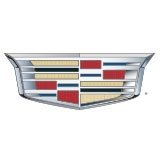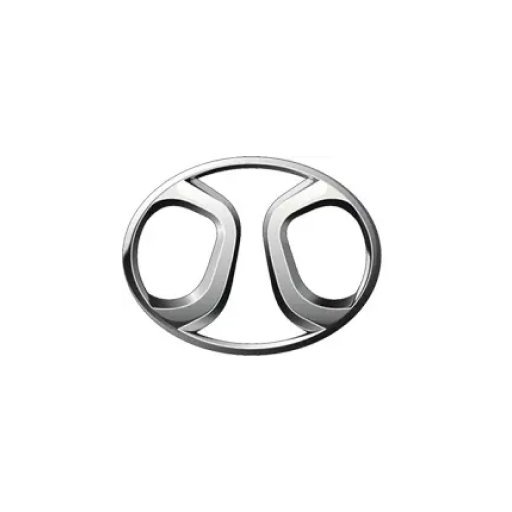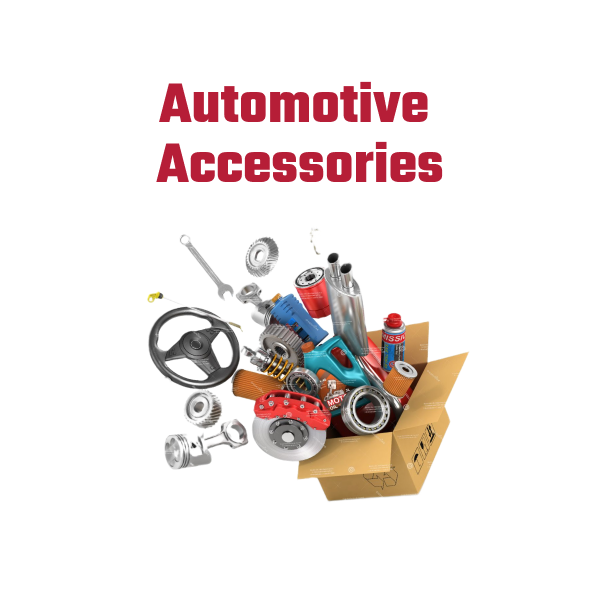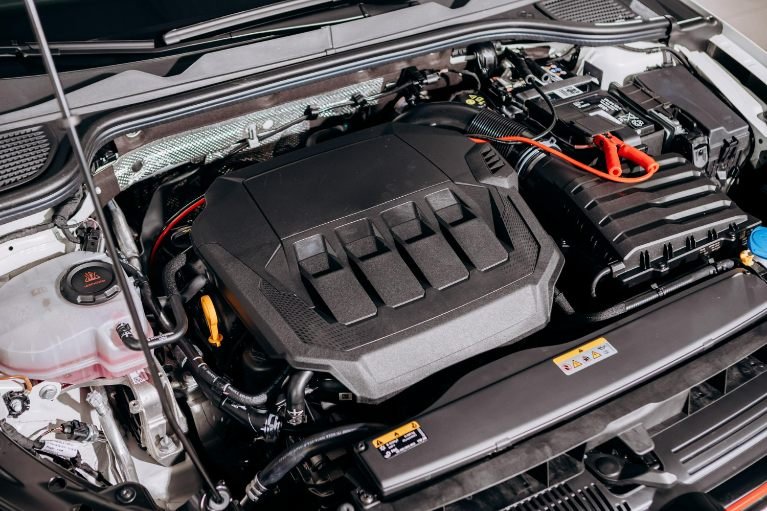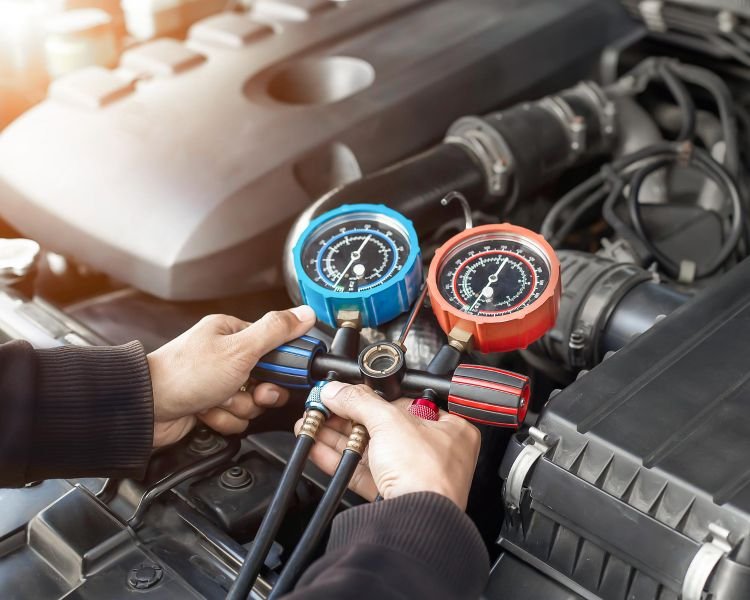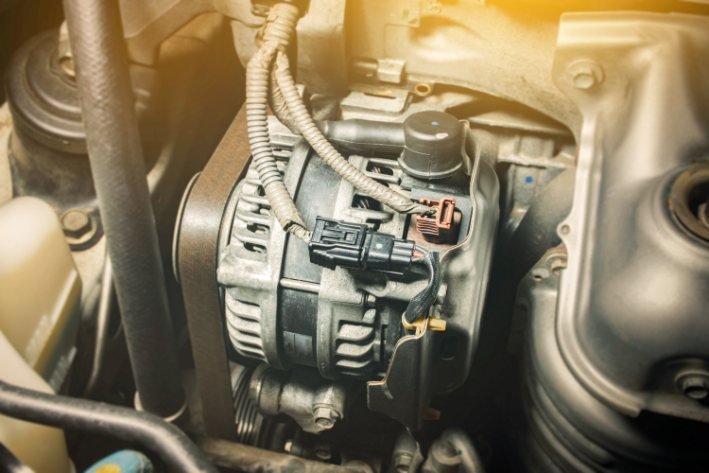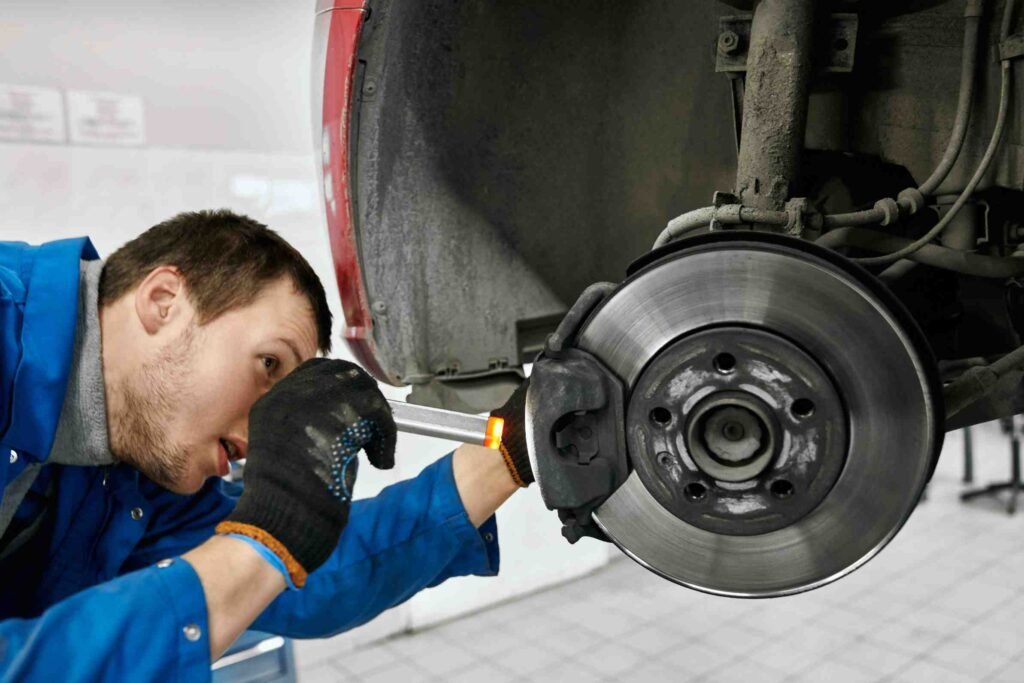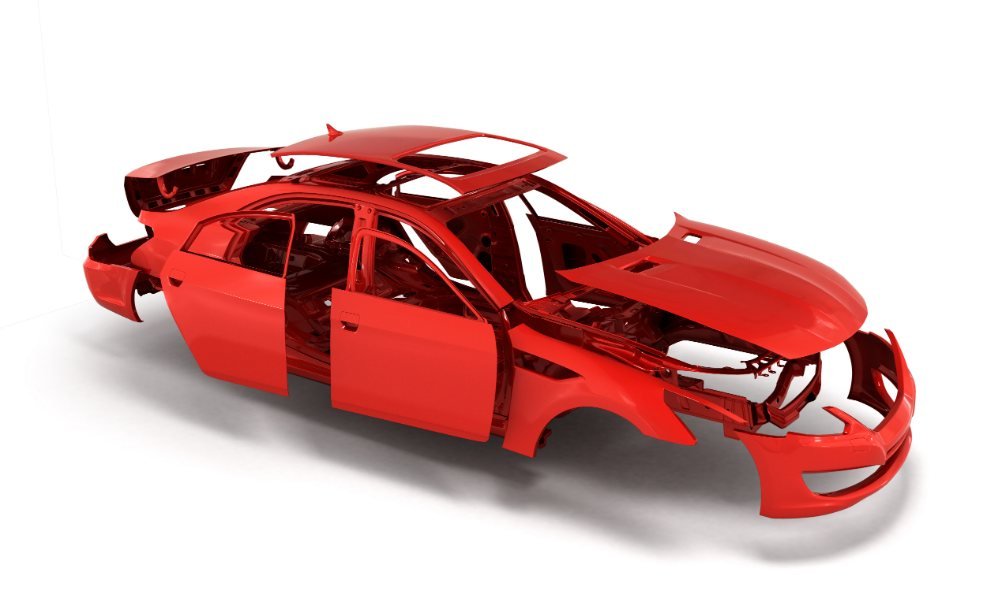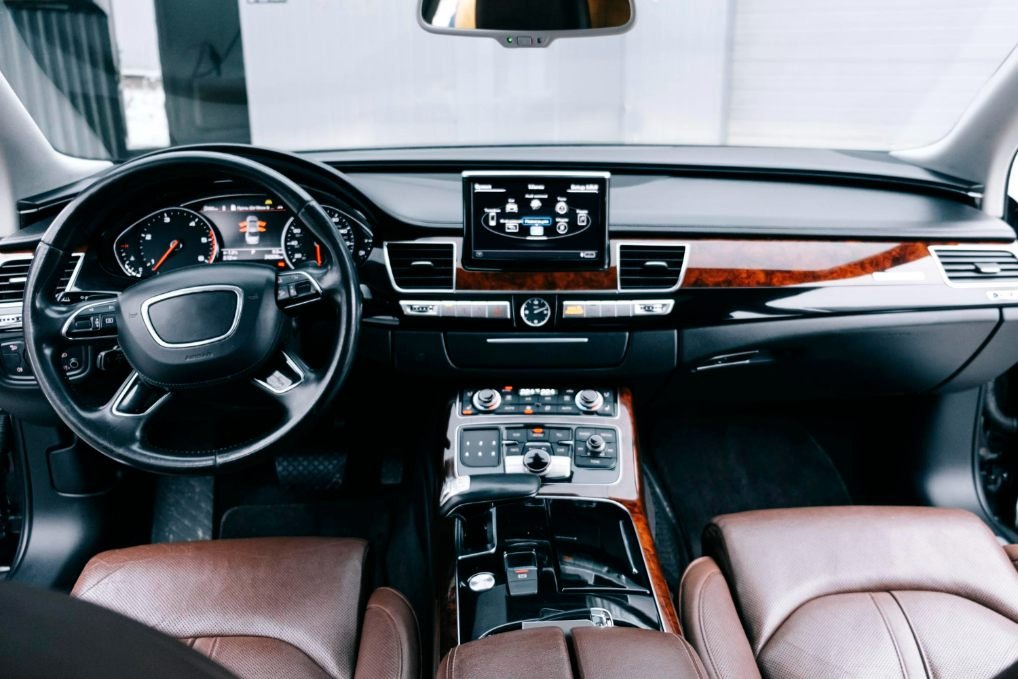How is Dubai Automotive Industry Evolving and Innovating in 2023?
The blog introduces the automotive sector in the UAE and emphasises the importance of this sector to the national economy. The importance of the industry is emphasised, considering its impact on GDP and jobs. The introduction highlights the industry’s present emphasis on innovation and ongoing evolution and demonstrates its dedication to embracing cutting-edge technologies and influencing the direction of mobility in the UAE.
The UAE’s automotive sector is a key economic pillar that supports jobs and growth. Beyond its financial contributions, the industry is forward-looking in that it places a high emphasis on innovation and technological development, placing the country at the forefront of the evolution of the automobile.
Table of Contents
- Introduction
- Current State of the UAE’s Automotive Industry
- Embracing Electric and Sustainable Mobility
- Autonomous and Connected Vehicles
- Digital Showrooms and Online Retail
- Advanced Manufacturing and 3D Printing
- Mobility as a Service (MaaS) and Shared Mobility
- Sustainability Initiatives and Green Practices
- Challenges and Future Prospects
- Conclusion
- Where can you buy Best Auto Spare Parts in Dubai?
Current State of the UAE's Automotive Industry
The automobile sector in the United Arab Emirates is on a strong upward trend, supported by illuminating data on market size and expansion. Increased vehicle ownership rates and a growing middle class highlight the industry’s expansion, substantially contributing to the country’s GDP. The sector’s influence has grown thanks to notable players and significant domestic and international manufacturers.
Vehicle designs and consumer tastes are changing quickly. Even if luxury vehicles still rule the road, a noticeable trend in favour of eco-friendly vehicles has been spurred on by rising environmental consciousness and government incentives. As the country focuses on environmentally friendly transportation options, electric cars (EVs) are gaining popularity. Additionally, a rise in demand for connected automobiles indicates consumers’ desire for the integration of cutting-edge technology, converting cars into networked smart devices. The UAE’s dedication to embracing innovation and remaining on the cutting edge of automotive trends is highlighted by this dynamic environment.
Embracing Electric and Sustainable Mobility
The rapid adoption of electric vehicles (EVs) is a clear indicator of the UAE’s tremendous progress in the transition to electric and sustainable mobility options. This movement has been sparked by government programmes and incentives encouraging people to choose electric vehicles (EVs) through tax reductions and waived registration fees. The extensive expansion of EV charging infrastructure makes it easier for EV owners to travel across the country, indicating the nation’s dedication to sustainability.
Integrating renewable energy is a significant objective, and solar and other renewable energy sources are used to power charging stations. The UAE’s goal to lower carbon emissions and promote a cleaner environment is consistent with the twin focus on electric vehicles and green energy. Concerns about range anxiety and charging periods are being addressed by advances in battery technology, which is advancing EVs into the mainstream. The UAE is now seen as a regional leader in electric mobility thanks to these developments, which are essential to EV feasibility and appeal as a sustainable means of transportation.
Autonomous and Connected Vehicles
The United Arab Emirates is making significant strides in connected and autonomous vehicles. The nation’s dedication to autonomous technology is clear from continuing trials and strategic alliances with global technology leaders. These programmes demonstrate the promise of autonomous vehicles and tackle important issues related to traffic control and road safety.
The development of linked vehicle technology is also changing how people drive. Real-time information transmission is made possible by communication networks between vehicles and infrastructure, boosting traffic flow and safety. By allowing vehicles to exchange information about traffic, road conditions, and potential risks, this connection enables a more educated and effective driving ecosystem.
Additionally, these interconnected systems provide more than simply convenience; they introduce data-driven insights that might completely alter infrastructure and transportation planning. The UAE’s developments in linked and autonomous technology highlight its desire to take the lead in influencing the future of mobility.
Digital Showrooms and Online Retail
In the UAE, the evolution of digital platforms has caused a radical transformation in the automobile retail sector. Immersive experiences are replacing traditional showrooms, with virtual reality (VR) and augmented reality (AR) showrooms taking centre stage in purchasing. In an interactive virtual environment, potential purchasers can examine vehicle features, colours, and combinations, improving decision-making.
With the ease of buying cars from the comfort of one’s home, online shopping is expanding. Beyond simple transactions, this digital shift allows customers to personalise their vehicles online by choosing characteristics that suit their interests. The current fad also involves doorstep vehicle delivery, eliminating the requirement for real dealership visits.
The UAE’s adoption of digital showrooms and online retail shows the industry’s dedication to utilising technology for a seamless and customised automotive retail experience and reflecting changing consumer behaviour.
Advanced Manufacturing and 3D Printing
The automobile industry in the UAE is enthusiastically embracing additive manufacturing. The use of additive manufacturing is revolutionising how products are made, enabling complex customization and significant cost savings. The production of components and spare parts is notably influenced by 3D printing.
With the help of this technology, customised components may be manufactured on demand, cutting down on inventory costs and speeding up repairs. The UAE’s dedication to cutting-edge manufacturing methods like 3D printing drives the automobile sector towards efficiency, sustainability, and innovation.
Mobility as a Service (MaaS) and Shared Mobility
Mobility as a Service (MaaS) platforms rapidly expand in the UAE and revolutionise urban transport. These platforms effortlessly incorporate a variety of means of transportation, including ride-sharing, bike rentals, and public transportation. As a result, travel routes are more efficient, and there is less traffic.
Furthermore, car ownership rules are changing due to the growth of ride-hailing and car-sharing services. It is clear that residents are moving away from traditional car ownership and towards shared mobility as more choose on-demand mobility options. App-based services provide users with effective and affordable methods to navigate the city and are at the vanguard of this transition.
The UAE’s use of MaaS and shared mobility demonstrates its dedication to environmentally friendly urban design and technical innovation. These changes are not only changing the face of transit but also paving the way for a more connected and effective future for people who live in cities.
Sustainability Initiatives and Green Practices
Government rules promoting eco-friendly practices are one reason sustainability is becoming a driving force within the automotive industry in the United Arab Emirates. The policies promoting the adoption of greener technologies show the country’s commitment to lowering carbon emissions and environmental impact.
Green vehicle technologies are a focus, and the development of alternative propulsion systems has advanced significantly. Innovative alternative fuels like hydrogen fuel cells are gaining popularity and promise emissions-free transportation. Additionally, in line with the UAE’s objectives for lower energy consumption, manufacturers are prioritising lightweight materials and aerodynamics to improve fuel efficiency.
In addition to demonstrating environmental responsibility, these sustainability measures place the UAE as a world leader in sustainable mobility. The nation is paving the way for a future in which eco-friendliness and automobile technology may coexist by promoting an innovative culture.
Challenges and Future Prospects
Infrastructure restrictions for EVs and developing technologies hinder the UAE’s automotive progress. Although the country quickly embraces electric vehicles, a strong charging infrastructure must still be developed. Furthermore, balancing innovation and cybersecurity worries is crucial to protect automobiles from online attacks.
Potential changes in the job market as the sector develops highlight the importance of workforce upskilling. Traditional roles might change and become more tech-, automation-, and data-intensive. The difficulty is matching skill sets to anticipated industry needs, guaranteeing a qualified workforce that can advance the automotive industry in the UAE while managing the complexity of a constantly shifting environment.
Conclusion
The UAE’s automotive journey is now anchored on innovation, exemplified by electric mobility, connectivity, and sustainable practices. The industry is transforming, and this shift is obvious as key actors cooperate and technology converges. Beyond its financial contributions, the sector actively influences the country’s trajectory with its pioneering spirit.
The automotive environment in the UAE is brimming with possibilities thanks to innovative developments and a persistent dedication to advancement. The future holds the potential for sustained expansion, advancing the nation towards a time when mobility will serve as a conduit for a more connected, sustainable, and successful society and a means of transportation.
Where can you buy Best Auto Spare Parts in Dubai?
Auto Spare Parts are available at different suppliers and dealers of auto spare parts in Dubai. Noorhan is amongst the leading brands that deal with genuine auto spare parts and aftermarket parts for different car brands, including BMW, Mercedes, Audi, Porsche, Honda, Toyota, Nissan, Mazda, Jeep, Ford, and other Japanese, European, American, Korean, luxury cars brand.
If you’re looking to replace your old Auto Spare Parts with high-quality aftermarket parts in Dubai, Noorhan can help you.





















